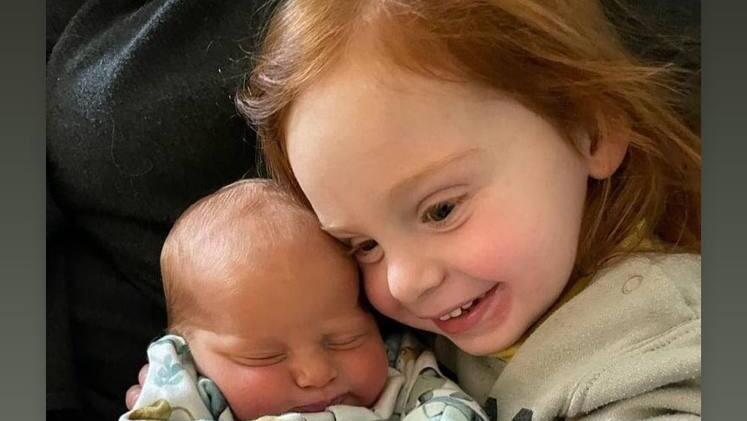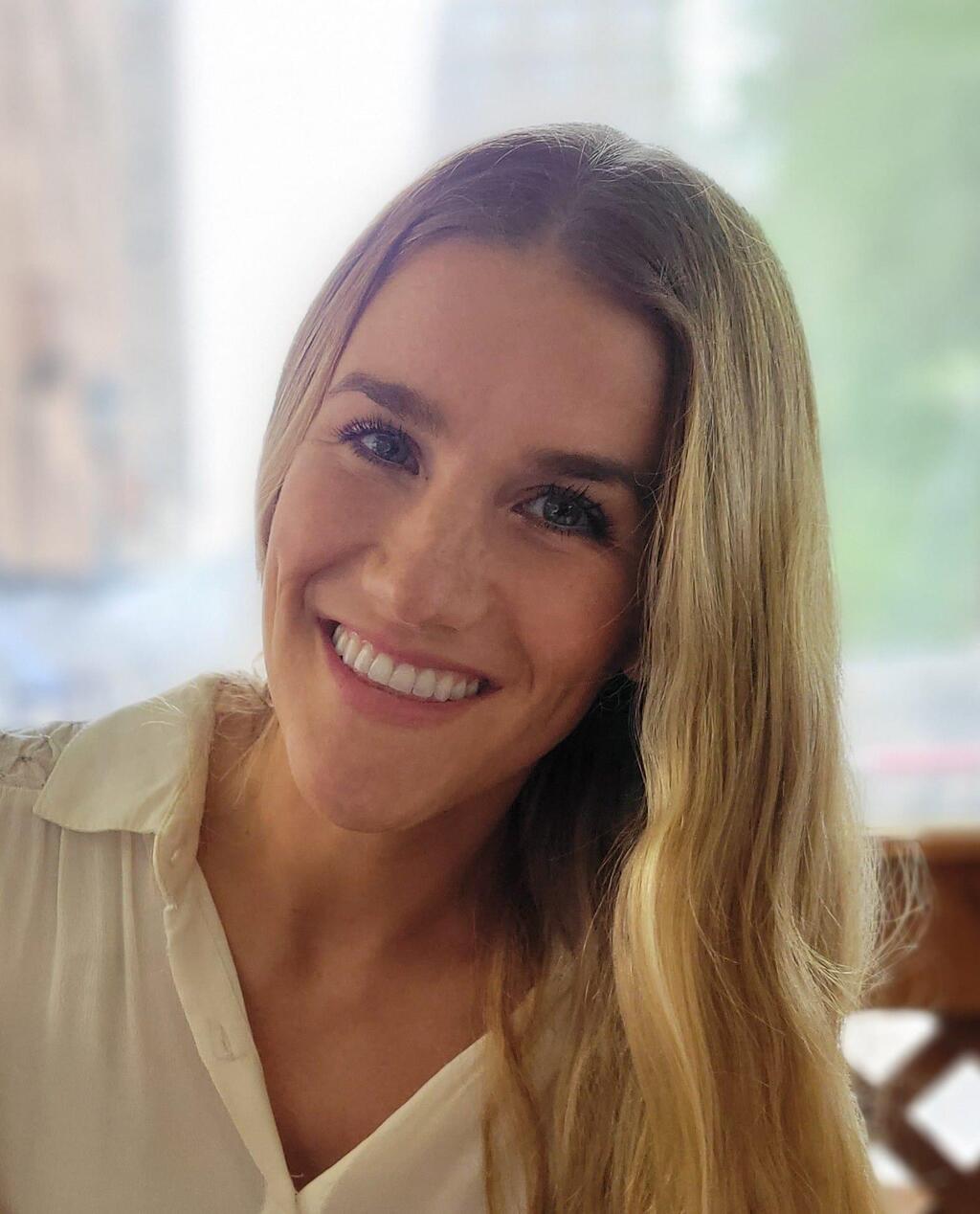There are few images more haunting than the video of Shiri Bibas clinging to her beautiful red-headed boys, Ariel and Kfir, on October 7 as they were brutally kidnapped from their home. For 16 months, we held onto hope, despite the unbearable rumors of their passing.
Last week, we were confronted with the excruciating truth—that our yearning for their return had ended long ago, at the hands of evil murderers. Now, we are left only with our imagination to piece together what they endured. Our minds drift to the darkest of places, and raw emotions pour from our souls. We scream out for someone, anyone, to hear us and understand our pain, yet once again, we find ourselves feeling profoundly alone.
3 View gallery


Crowds watch the Bibas family funeral at Hostage Square in Tel Aviv
(Photo: Dana Koppel)
The horrific circumstances of their abduction and murder have left many struggling to process their emotions, grappling with grief, anger and helplessness. The collective trauma of this loss extends far beyond their immediate family, reverberating throughout the Jewish community and beyond.
Memorials, both large and small, have appeared worldwide in their honor, a testament to the profound impact their story has had on so many. Yet, even amid this shared grief, the pain remains deeply personal and difficult to articulate. We find ourselves searching for meaning, for a way to carry on while holding this unbearable weight.
Get the Ynetnews app on your smartphone: Google Play: https://bit.ly/4eJ37pE | Apple App Store: https://bit.ly/3ZL7iNv
Grief manifests in many ways. Some cry, some withdraw, some lean on their community and others take action. There is no singular or correct way to process trauma, but it is essential to allow space for these emotions.
Feelings of guilt may arise—questioning the depth of personal grief for individuals never met—but such responses are a natural consequence of empathy and shared identity. The pain is real because their loss is personal to all of us. Their suffering is imprinted on our hearts, and our mourning is an expression of both sorrow and solidarity. In this shared grief, we find connection, a reminder that we are not alone, even when it feels that way.
For those struggling to manage these emotions, channeling grief into meaningful action can be a powerful way to regain a sense of agency in an otherwise powerless situation. Advocacy, education and sharing their story can help preserve their memory and inspire action. Community support is vital—connecting with those who understand this pain can reduce feelings of isolation. Psychological strategies such as journaling, mindfulness, or therapy can help process difficult thoughts. Engaging in activities that bring moments of relief—listening to music, creating art, or spending time outdoors—can offer brief but necessary reprieves from overwhelming sadness.
Physical movement, whether through exercise, walking in nature, or deep breathing exercises, can help regulate emotions and provide a sense of grounding. Hugging loved ones, especially children, serves as a powerful reminder of life, love and connection in the face of loss.
For those who find comfort in spirituality, prayer or religious rituals can offer a structured means of coping, providing solace and a connection to something greater than oneself. Caring for the body, mind and soul is not just an act of self-preservation but a way to honor those we have lost by continuing to live with purpose and resilience.
Avoiding grief does not make it disappear; rather, confronting it in a healthy and adaptive manner allows for healing. Processing loss does not mean forgetting but instead integrating it into our personal and collective narratives. The Jewish people have long endured suffering, yet we have also demonstrated profound resilience. Moving forward, we honor Shiri, Ariel and Kfir Bibas by remembering their names, telling their story and ensuring that their memory fuels our strength and unity.
- Dr. Sarah Friedman, Psy.D. is a Clinical Neuropsychologist



